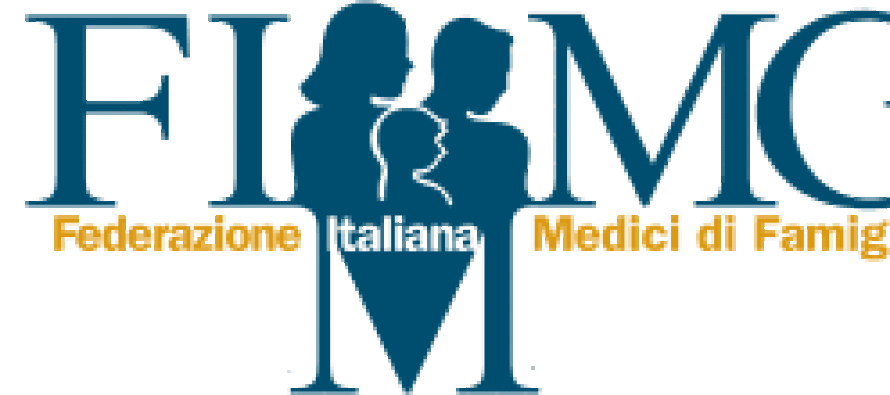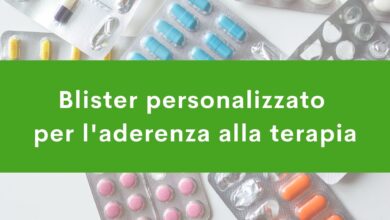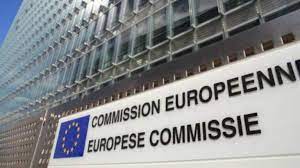
Family doctors prefer scientific reps in their practice. No emails or phone calls. Thumbs down for information via social media
Fimmg study center survey
THE DOCTORS' 95% RECEIVES THEM IN THE OFFICE. BEYOND 80% CONVENIENT WITH TRADITIONAL SCIENTIFIC INFORMATION. A CLEAR NO TO SCIENTIFIC INFORMATION VIA PHONE, GOOD PORTAL ON THE WEB, THUMBS DOWN FOR INFORMATION VIA SOCIAL
FIMMG – Press Release 01/06/2016
 The relationship between GPs and drug sales representatives (SFIs) remains based on a relationship of trust, despite the significant changes in recent years regarding new technologies and information methods.
The relationship between GPs and drug sales representatives (SFIs) remains based on a relationship of trust, despite the significant changes in recent years regarding new technologies and information methods.
From a survey conducted by the FIMMG Study Center on a sample of 512 GPs, it emerges that the habit of receiving ISFs in their practice remains strongly consolidated among general practitioners (only 5% of doctors report not receiving them) , for free access or by appointment. In addition, the 80% of professionals say they are in favor of traditional scientific information with visits to studios and attendance at congresses and conventions.
Meetings by appointment seem to be preferred in the North (the 59% compared to the 43% in the South) and above all by GPs who work in groups (the 65% vs 36% of the single doctor). The latter data is probably related to the better organizational capacity of the group, often also equipped with study staff.
The number of weekly visits still appears to be substantial, with an average figure of 6.5 weekly visits per doctor. They would seem to be numerically higher in the South (8.64 vs 5.22 weekly accesses in the North) and by doctors who work in groups (6.91 vs 5.96).
"Above all, the need for the ISF to have useful information for professional activity is highlighted - explains Paolo Misericordia, head of the FIMMG Study Center - the relationship based on trust and good personal relationships is also an aspect appreciated by the doctor, more than other characteristics such as the professional training of the FSI or the company that the FSI represents”.
 The 58% of the sample reports that he received "sometimes" (the 16% "often") the invitation to participate in information on the drug by telephone. The judgment that is given is negative: the majority of doctors think that it is not profitable from an information point of view, nor does it save time.
The 58% of the sample reports that he received "sometimes" (the 16% "often") the invitation to participate in information on the drug by telephone. The judgment that is given is negative: the majority of doctors think that it is not profitable from an information point of view, nor does it save time.
A good level of acceptance would seem to have access to information portals and services offered by companies and newsletters dedicated to medical-scientific information (positive judgments for over 60% of the sample). An equal division between favorable and unfavorable opinions seems to emerge with respect to information on the drug that uses seminars via the WEB, and a decidedly negative opinion if such information were to be conveyed by Social Networks; this despite the 42% of the sample revealing to have an activated profile on social networks (77% FB, 6% Twitter, 6% Google plus). Chrome is the most used browser (42%), followed by Internet Explorer (34%) and Firefox (22%).
“The resulting picture is that of a GP oriented not to give up welcome and consolidated ways of receiving information on the drug – adds Misericordia – the visit of the GP to the practice still appears to be well accepted and substantially preferred. The doctor seems willing to receive information on the drug online, but more reluctant to use the most advanced ICT methods for this, such as those of social networks, even if now available to large sections of the profession"
Related news: The study center survey FIMMG: 10 questions on drug information
______________________________________________________
 "The survey highlights that general practitioners consider the concentration of high-cost drugs in hospitals and spending reviews to be among the aspects that will most condition the relationship between general practice and the ISF - explains Fiorenzo Corti, head of communication at Fimmg , illustrating the survey data – The improvement of scientific objectivity, correctness and completeness of information are the aspects most requested by GPs».
"The survey highlights that general practitioners consider the concentration of high-cost drugs in hospitals and spending reviews to be among the aspects that will most condition the relationship between general practice and the ISF - explains Fiorenzo Corti, head of communication at Fimmg , illustrating the survey data – The improvement of scientific objectivity, correctness and completeness of information are the aspects most requested by GPs».
( taken from Il Sole 24ORE of 01/06/2016)
Related news: Can industry whistleblowers and commercially sponsored guidelines ensure decision-making autonomy for clinicians?





